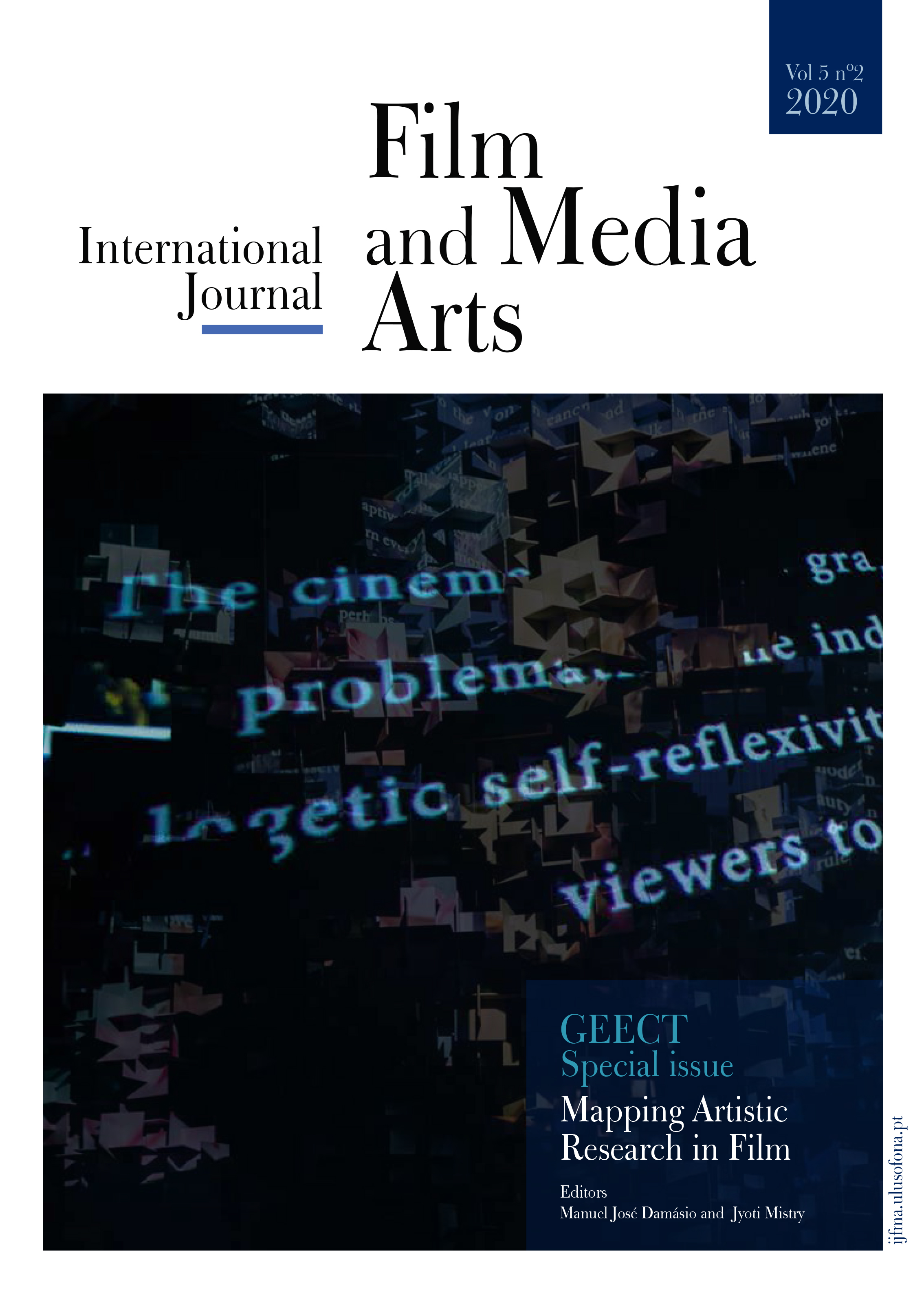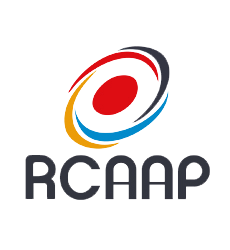Towards a Participatory Approach: Reversing the Gaze when (re)presenting Refugees in nonfiction film
Abstract
Living in Germany during the peak of the “refugee crisis”, I was bombarded with constant reporting on the topic that clearly put forth a problematic representation of refugees, contributing to rendering them a ‘problem’ and the situation a ‘crisis’. This reflects in my own film practice in which I am frequently engaging with Syrian refugees as protagonists. Our shared language and culture made it easier for us to form a connection. However, as a young filmmaker, I felt challenged and conflicted by the complexities of the ethics of representation, especially when making a film with someone who’s going through a complex institutionalized
process.
In this paper I explore how reflecting on my position within the filmmaking process affected my relationship with my film participants and how this reflection influenced my choice of documentary film form. In order to do that, I use what Chapman and Sawchuk (2012) refer to as “Research-from-Creation’’ where research data is generated through the production of, in this case, a short documentary titled Nudar.
Copyright (c) 2020 IJFMA

This work is licensed under a Creative Commons Attribution-NonCommercial 4.0 International License.











